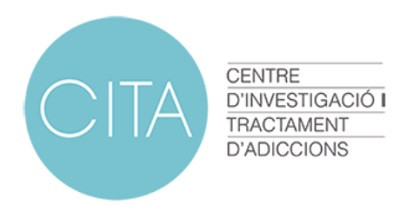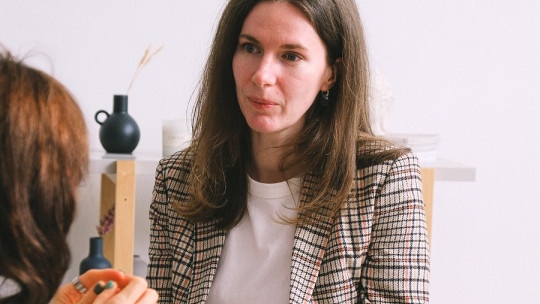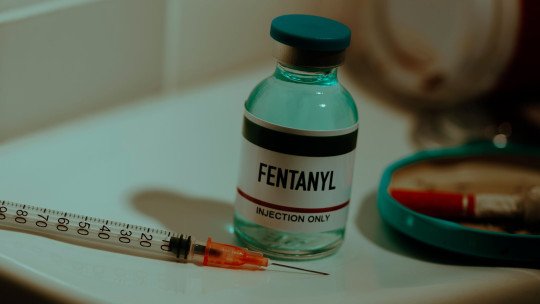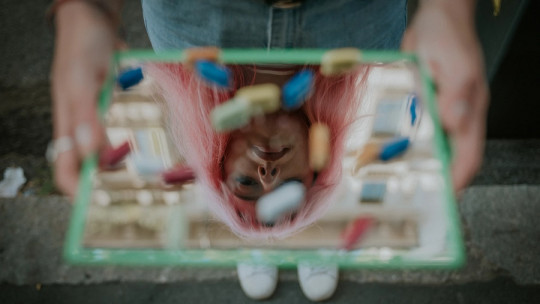
Addiction is one of the most common psychological and neurological diseases and, unfortunately, one of the most harmful.
As it develops and is expressed in the person’s behavior, the individual’s freedom becomes more reduced, and his or her health deteriorates due to a radical change in priorities: if nothing is done to prevent it, the satisfaction of The impulses generated by addiction become, almost literally, the only thing that matters.
Given this reality, rehabilitation centers specialized in addictions are essential support. These offer a context in which it is possible to overcome the most intense symptoms of addiction and significantly reduce the risk of relapse, gaining autonomy and quality of life.
In this article we will see a summary of how a rehab and detox center works with the main areas of work that support their way of treating patients.
This is how a rehabilitation center for people with addictions works
These are the fundamental aspects that define the way in which detoxification and rehabilitation centers work, assuming that they offer all the coverage of services linked to this type of professional support for patients.
1. Outpatient support service
Although the image that many people have of what a rehabilitation and addiction treatment center is consists of a place where you have to stay admitted, the truth is that most organizations of this type also have an outpatient center, where patients can go at specific times without having to stay to live in the facilities.
Outpatient addiction treatment without admission It is an especially useful resource for people who have already started the rehabilitation phase and who have the autonomy to stay away from consumption or problematic behaviors (for example, gambling).
2. Entry service
Admission is another of the most useful and demanded services when it comes to combating addictions. The professionals involved in the operation of rehabilitation centers strive to ensure that they provide a comfortable, comfortable environment with all the material and human resources necessary to support the well-being and health of people who resort to residential treatments.
Sometimes, these facilities are located in quiet and isolated places in areas where nature predominates, so that patients can enjoy a context away from the stress of large urban centers, and can also walk outdoors through the clinic gardens without exposing themselves to the risk of relapse.
On the other hand, another typical characteristic of the operation of rehabilitation centers is that there are an important diversity of equipment that can be used by residents The most complete centers have sports courts and gym, terraces, library, swimming pool, work areas, etc. The objective is that people can live a comfortable life in this place, so that it is easier to manage and control the desire to relapse.
3. Psychiatric and medical support
The teams that manage the rehabilitation centers include health professionals from various areas of specialization to care for people with addiction problems, something necessary whether the addiction is with drugs or without drugs (pathological gambling, dependence on video games, etc.) . We have doctors, nursing staff, psychotherapists, etc.
4. Support for dual pathology
Addictions tend to overlap a lot with other psychological or psychiatric disorders, such as major depression, Borderline Personality Disorder, Obsessive-Compulsive Disorder, and others. In these cases what is usually called “dual pathology” appears
Therefore, rehabilitation centers are not oblivious to the reality that for many patients, one of these psychopathologies can be as painful or more painful than the addiction itself, and treatments must be provided for both problems.
5. Discontinuation and rehabilitation services
The process by which an addiction is overcome goes far beyond the detox phase. It is also essential to help patients adopt appropriate habits and the ability to create life contexts in which the risk of relapse is minimized.
Therefore, even when the person has not needed to enter for a while, the possibility of following up on the case is offered. We must not forget that addictions that have already been consolidated and diagnosed, even when they are no longer in their worst phase, require constant self-care, since their consequences have a chronic component.
The fact of having spent time in the residential module of an addiction treatment center is not equivalent to complete cure, since one still needs to be able to return to a way of life very different from that which characterized admission; Luckily, to make it easier to adapt, In rehabilitation centers we provide support in this process, both in person and online
Are you looking for support against addiction?

If you are interested in the possibility of going to an addiction rehabilitation center, contact us. In CITA Clinics We offer all the services mentioned, and we have been dedicating ourselves to this field of health for several decades. You can find us in Barcelona and Dosrius (Mataró), and to see our contact information, access this page.








